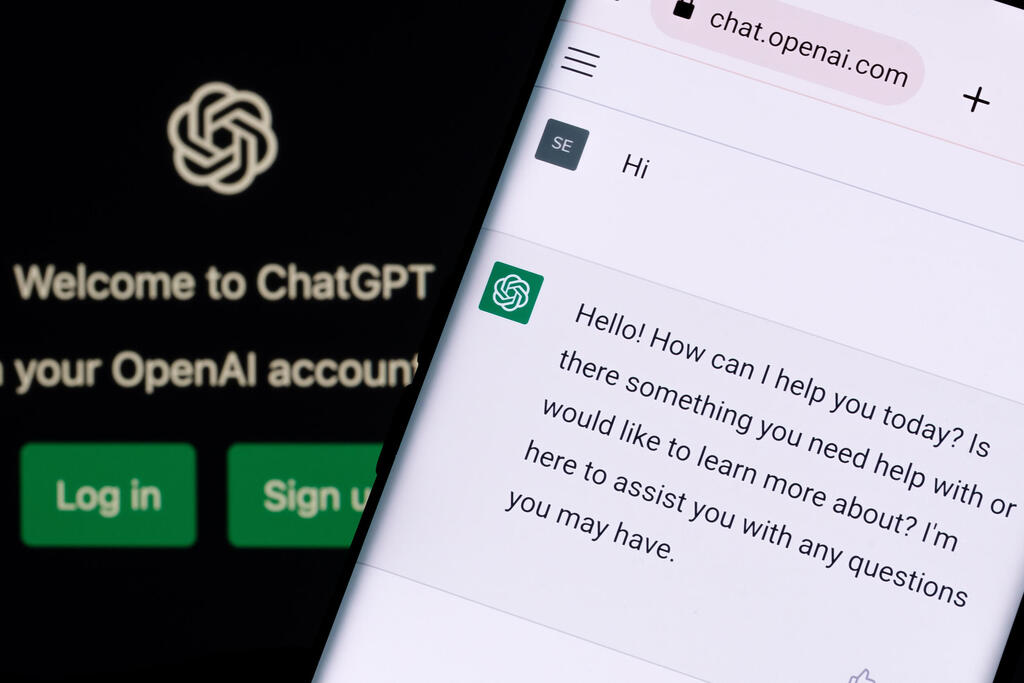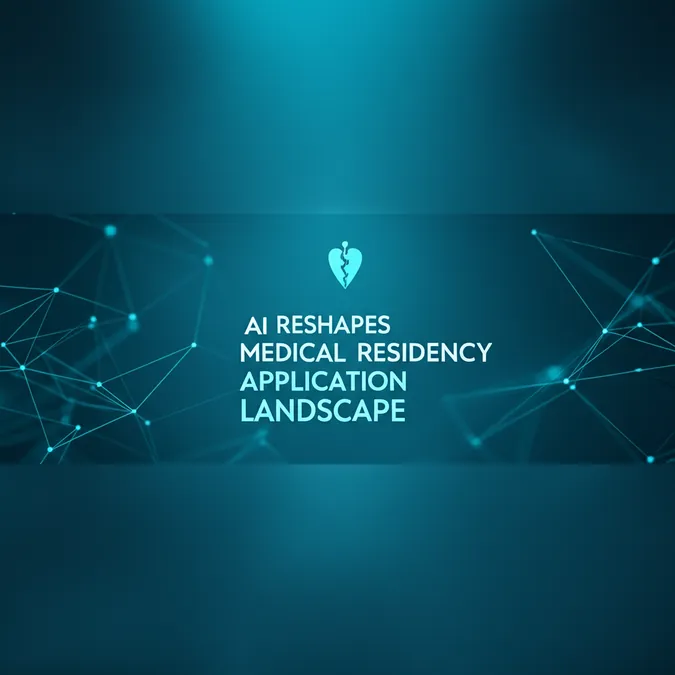Developer Offer
Try ImaginePro API with 50 Free Credits
Build and ship AI-powered visuals with Midjourney, Flux, and more — free credits refresh every month.
AI Use And Student Personality A New Study
Students who rely heavily on ChatGPT may be less conscientious and more likely to doubt their academic abilities a new study finds raising concerns about AIs long term impact on motivation critical thinking and problem solving skills.
AI Use and Personality A New Study Explores the Link
Students who frequently rely on ChatGPT for schoolwork may exhibit lower levels of conscientiousness compared to their peers according to a new study exploring the link between artificial intelligence use and personality traits.
The study published in the journal Education and Information Technologies and first reported by the website Psypost surveyed 326 undergraduate students from three universities in Pakistan. Researchers collected responses at three intervals over the academic year to examine how student personalities influenced their use of AI tools like ChatGPT.
 Photo: Shutterstock/ Ascannio
Photo: Shutterstock/ Ascannio
Conscientiousness The Key Trait in AI Avoidance
The study found that students who scored high on measures of conscientiousness a trait associated with organization discipline and goal oriented behavior were significantly less likely to use AI to complete academic tasks. Researchers said these students preferred to rely on their own abilities and avoided shortcuts suggesting a correlation between self discipline and reduced reliance on AI.
By contrast students who were less conscientious reported greater use of ChatGPT and similar tools.
Openness and Neuroticism Other Personality Factors at Play
The research also explored the roles of two other personality traits: openness to experience and neuroticism. Students with high openness levels who tend to be curious and creative were more inclined to experiment with new technologies. However their preference for originality and independent thinking may have offset that tendency. Notably students high in openness were more likely to use AI when they perceived grading criteria as unfair.
The influence of neuroticism was less clear. While students who scored high in this trait may use AI to reduce uncertainty in their answers researchers found they also expressed concerns about the accuracy of those responses or feared their use might be detected and penalized.
Academic Self Belief and the Risk of Learned Helplessness
Overall the study suggests that frequent AI users also tended to report lower academic self efficacy expressing doubts about their ability to succeed on their own. Some exhibited signs of learned helplessness the belief that personal effort would not improve outcomes.
Long Term Concerns for Student Development
Researchers warned that while ChatGPT may offer short term academic advantages overreliance could harm student motivation critical thinking and problem solving skills.
The Other Side of the Coin AIs Potential Academic Benefits
The findings come as other studies continue to examine the impact of AI tools on academic performance. A 2023 paper in JAMA Internal Medicine found that assignments written using advanced versions of GPT scored at least four points higher than those submitted by human students. The more sophisticated the AI model the better it was at evading detection by systems designed to identify AI generated work.
A recent meta analysis published in Humanities and Social Sciences Communications which reviewed 51 prior studies found a strong correlation between ChatGPT use and improved academic performance. It also identified moderate gains in student perceptions of their learning and their higher order thinking skills. Longer term use of AI tools was associated with greater academic benefits.
AIs Impact Varies Across Academic Fields
However the study found that AIs impact varied across disciplines. In STEM fields science technology engineering and mathematics AI use generally led to higher grades. In humanities and other non STEM subjects AI generated work often performed no better or worse than student authored assignments.
Navigating AI in Education Recommendations for Institutions
Researchers concluded that academic institutions should not discourage AI use outright but instead provide clear guidance and instruction on ethical and effective use. They also recommended that instructors design assignments that emphasize problem based learning to enhance student skills and reduce dependency on AI.
Compare Plans & Pricing
Find the plan that matches your workload and unlock full access to ImaginePro.
| Plan | Price | Highlights |
|---|---|---|
| Standard | $8 / month |
|
| Premium | $20 / month |
|
Need custom terms? Talk to us to tailor credits, rate limits, or deployment options.
View All Pricing Details


